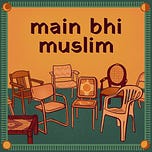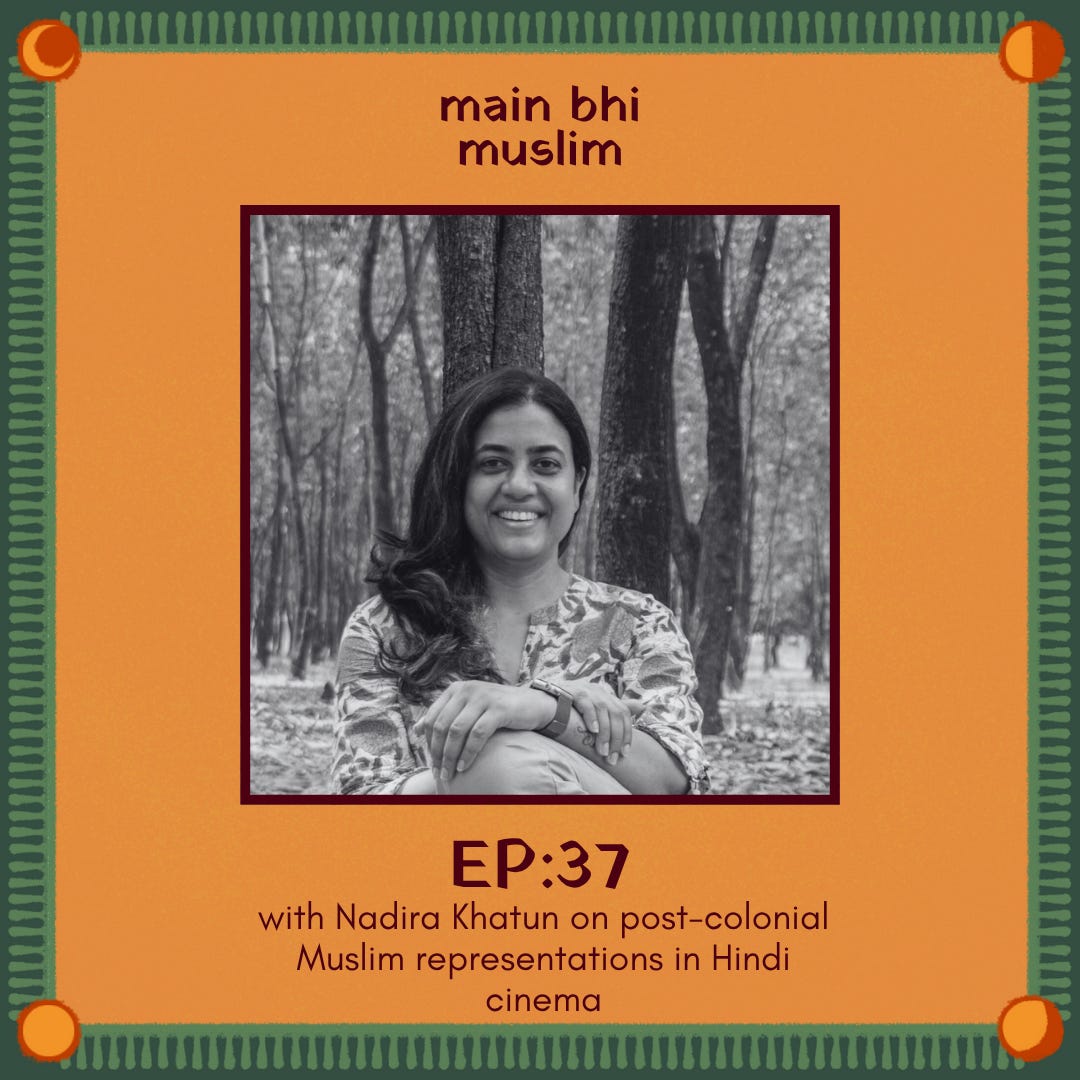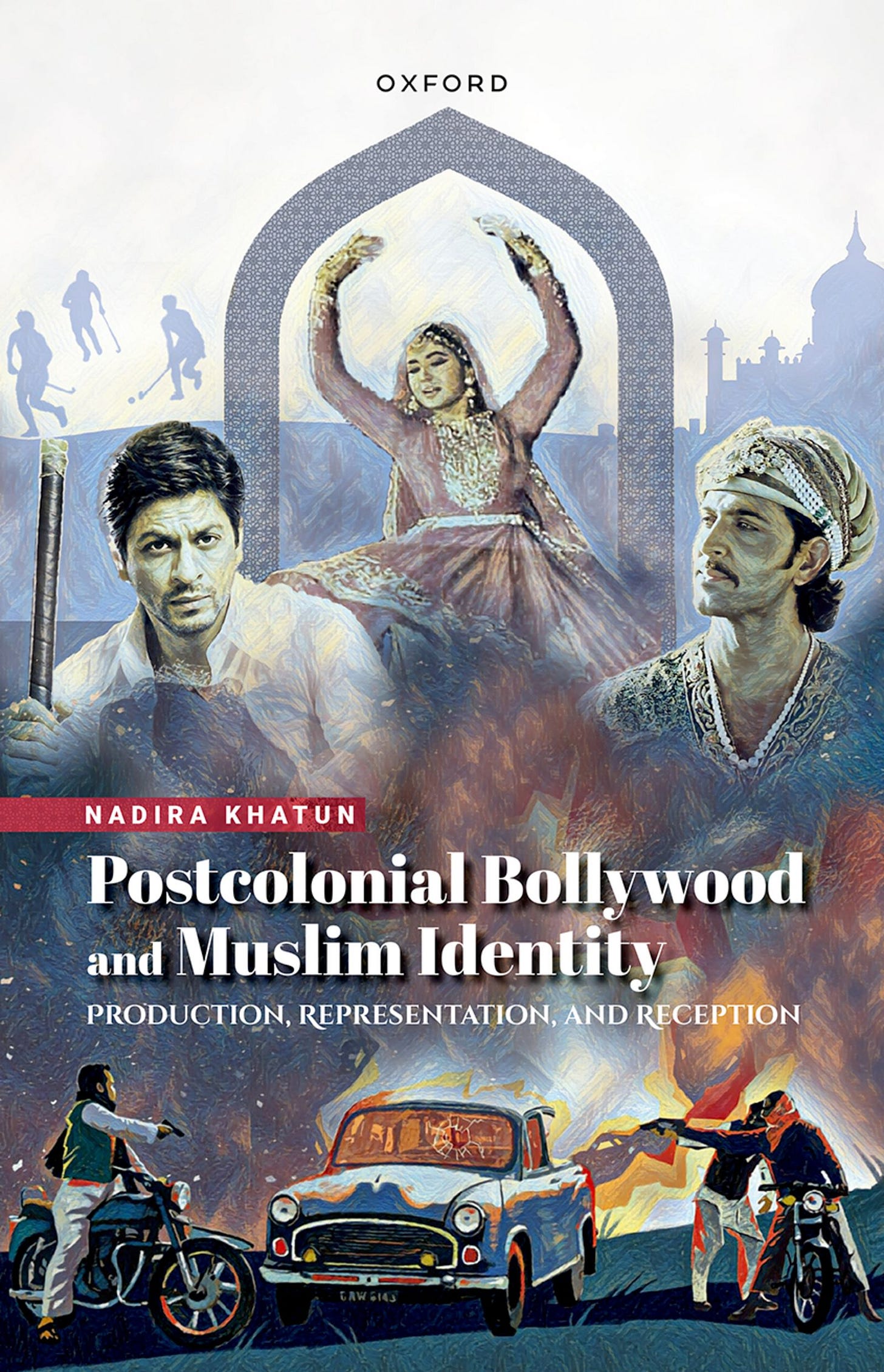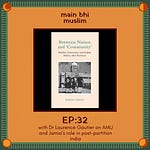This MBM conversation is with Nadira Khatun, author of the book ‘Postcolonial Bollywood and Muslim Identity: Production, Representation, and Reception’. Through this book, Nadira traces the representation of Muslim characters within Hindi cinema in post-partition India, and how the socio-political and economic factors have contributed to varied representations across decades.
We discuss the influence of Bollywood on our own personal upbringings, how cinematic representations contributed to the majoritarian perceptions of the Muslim identity and its interactions with us. From films like Mughal-e-Azam and Mammo to Gully Boy and Superboys of Malegaon, we talk about the evolution of Muslim characters and what would it take to make a movie with a truly effortless Muslim representation that does not fulfil any expectation or stereotype.
We also discuss the many failings of Hindi film-makers in representing Muslim women - who were either exoticised or oppressed, leaving us with the hope that there is a whole world to cover when it comes to exciting possibilities in the space of truly bebaak representations.
About Nadira Khatun
Nadira Khatun is associate professor at School of Communications, XIM University, Bhubaneswar, Odisha. She was visiting assistant professor at McMaster University, Hamilton from January 2021 to January 2022. She has contributed to academic journals and edited volumes on social media, Bollywood and Muslim identity. Her book tilted, Postcolonial Bollywood and Muslim Identity: Production, Representation, and Reception was released in August 2024 with Oxford University Press, UK. Email address of corresponding author: nadira.khatun@gmail.com
Episode notes:
Bombay Cinema’s Islamicate Histories (Edited by Ira Bhaskar and Richard Allen, The University of Chicago Press, 2021)
Ghettoisation, Crime and Punishment in Mumbai (Abdul Shaban, Economic and Political Weekly, 2008)
Jain, Ranu, and Shaban, Abdul (1999). Socio Economic and Educational Status of Muslims in Mumbai. A Research Report, Submitted to the Maharashtra State Minorities Commission. Mumbai: Government of Maharashtra.
To Be Seen Whole: Blackness, Muslimness, and the Politics of Art (Topibechwa’s Substack, May 2025)
Links to certain films discussed in the conversation:
Mammo (1994)
Garm Hava (1974)
Mughal-e-Azam (1960)
Umrao Jaan (1981)
Pakeezah (1972)
Bebaak (2018)
Dhadak 2 (2025)
Salim Langde Pe Mat Ro (1989)
Gully Boy (2019)
Darlings (2022)
Superboys of Malegaon (2024)
Supermen of Malegaon (2008)
Jawan (2023)
Zindagi Na Milegi Dobara (2011)
Coolie (1983)
MBM visual identity design by Shazia Salam || Music by Jupneet Singh










